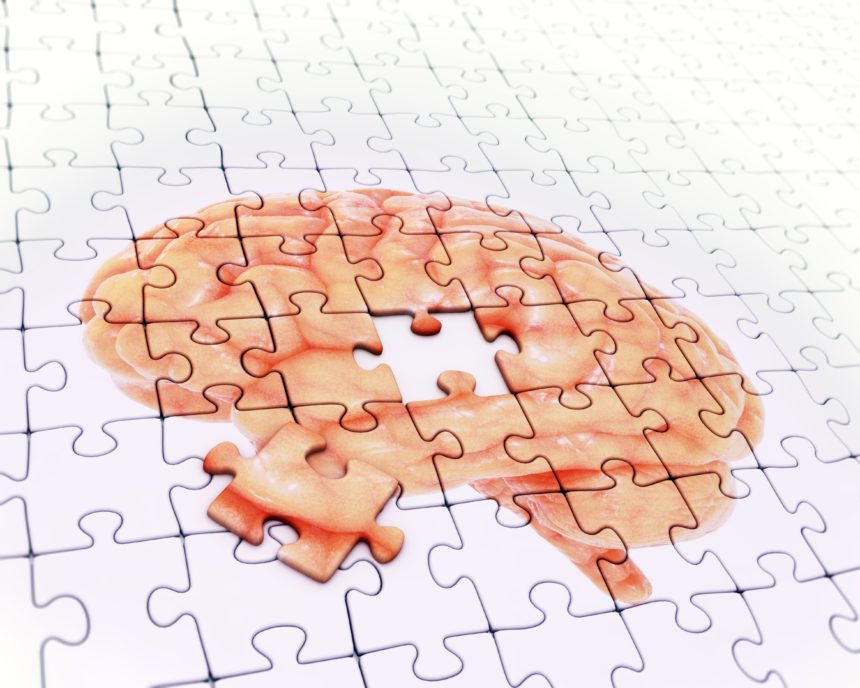
Using video and software games aimed at improving brain function may be enjoyable, but it doesn’t affect the cognitive abilities in older adults with dementia, a new meta-analysis finds.
Investigators reviewed studies of non-immersive, electronic brain gaming methods and their impact on cognitive function in older adults with mild cognitive impairment or dementia. They included studies of gaming software and video games that participants accessed via laptop, desktop, and other platforms. The analysis did not include studies of virtual reality gaming that was immersive or semi-immersive, or of non-digital games such as pencil-and-paper or board games.
Standardized cognitive testing scores showed no improvement across the studies, and no changes in memory, executive function, visuospatial skills and/or language. Measures of quality of life did not improve either, the researchers added.
“Based on our systematic review of 16 studies and our meta-analysis of 14 studies, we conclude that brain gaming is not more effective than control interventions in improving cognitive functions among adults with MCI or dementia,” the authors concluded.
The investigation was limited by the wide diversity of gaming types in the studies. It was therefore not possible to make sweeping recommendations based on the results, the researchers cautioned.
The study was published in the November issue of JAMDA.




